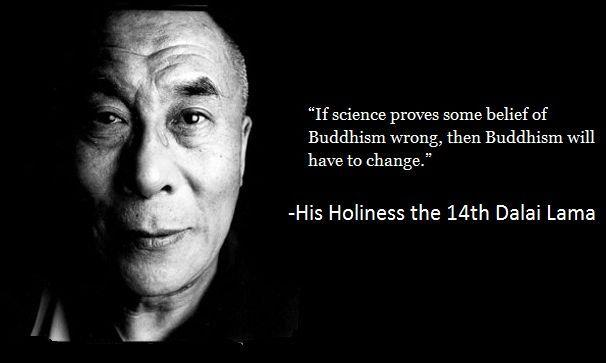We are all heavily influenced by the various cultures we move within and perpetuate: corporate culture, industrial culture, popular culture, media culture, school culture - you name it. Cultural activity is ongoing at the office, in factories, homes, and schools. This activity reinforces what we believe, think, do - and ultimately, what we have been taught to value.
There is a crisis in society currently. So many of the things we have been programmed to like and want can be immediately satisfying but we soon find that these things do not fulfill our longings. This crisis can be addressed as we change the culture.
In the same year as the first moon landing, Swiss philosopher and child psychologist, Jean Piaget said -
"The principle goal of education is to create men (sic) who are capable of doing new things, not simply repeating what other generations have done."
So education is key to breaking from our programmed behaviour instilled in us by the dominant cultures. The goal of education can be to get us outside or 'see beyond' our cultural conditioning.
The tendency in institutions when changing a culture is to focus on, or emphasize instilling new values in people. People are instructed on 'how to place more value' on things that were less important to the institution in the past.
However, different values are somehow registered in the heart of each individual. We formulate our values, perhaps based on individual life experiences or heart-felt longings from childhood.
No-one can dictate what we value and the longings that we strive to fulfill. We can only agree to promote or espouse values that we may not actually hold deep within us. We can talk in terms of values we don;t necessarily hold if we want to justify establishing new goals and strategies.
There is little evidence of education fulfilling the goal of changing the industrial culture of the 20th century. Offices and schools are still run like factories within an industrial production line culture.
Offices and schools are still laid out with separate facilities depending in what someone decides should be produced there - a product, service, or a young mind. Each facility is run based on different standards of what is acceptable not what is going on in our hearts.
To make a shift in a culture we change our habits of thinking and our observable habits in terms of how we interact with others. We also positively influence the effects that a prevailing culture has on us by changing the physical surroundings where we learn and do things.
Within effective approaches to cultural change we observe a cycle of steps (a, b, c, d, a, b...):
b. Beliefs
a. Habits c. Heart-felt values
d. Physical
surroundings
This goes against the traditional approach of starting with c, focusing on changing other people's values. This is instruction, literally 'to strike', 'build with' or in order to impose or leave a deep impression. It comes from Middle English, and from Latin
in- +
struere to build.
We influence or change a culture when we begin to focus on our habits. This means looking at beliefs that we take for granted. Hence the important role of eduction which literally means to educe or draw from within, or from 'our hearts'.
The more we focus on our habits the more likely we are to examine our beliefs.
To change our habits, first we examine why we are doing things. For example, in education, endless attention is given to deciding
how we educate ourselves. Little if any time is spent on time questioning
why we educate ourselves.
Are we educating ourselves to prepare for fully benefiting from today's economies, or are we still caught up in the old manufacturing economy? Is education meant to promote making healthful food choices and well being? Is it to make ourselves resourceful and imaginative people?
d. What kind of physical surroundings would contribute to questioning our habits in terms of why we do the things we do?
a. What kind of new habits in education can draw out our current beliefs?
b. What new understanding can support getting in touch with our heart-felt values?
c. How can we find people who share individual values and express them within our surroundings in ways that remind us to adopt new heart-felt habits.
Is this how we develop a culture of mutual fulfillment in our lives rather than short-term satisfaction.








